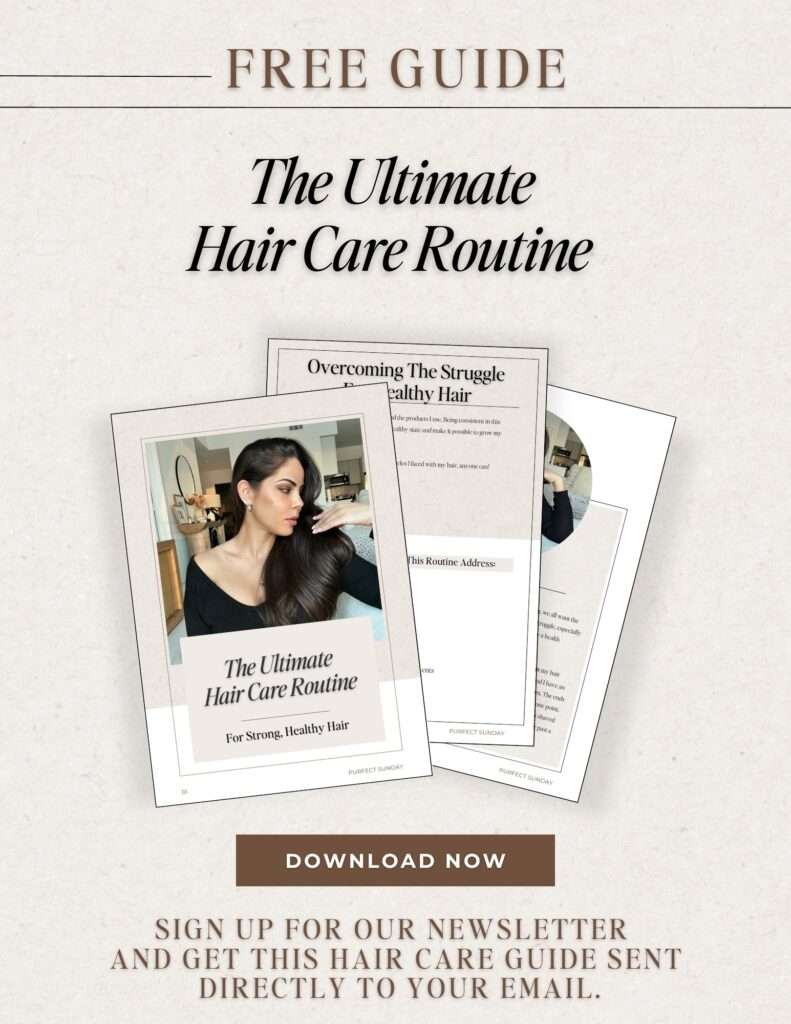
Can a Single Mom Be a Foster Parent?
Being a mom is a huge part of my life. If there’s one thing I know for certain, it’s that a mother’s love is unconditional and limitless. It’s no wonder that so many women want to share their motherly love with children who need it the most. One of the best ways to do that is by becoming a foster parent.
Foster parenting is a unique and wonderful opportunity to help your community by caring for neglected and/or abused children. As a foster parent, you have the chance to make a big difference in a child’s life. However, there are many rules and policies around foster parenting.
Being a foster parent is different from being an adoptive parent. As a foster parent, you don’t have any legal parental rights. You share decision-making with the agency and, in some cases, the child’s birth parents. Adoptive parents have the same legal rights for their children as birth parents have for their biological children.
Becoming a foster parent can be life-changing for you and the child you foster. But as I learned more about fostering children, I couldn’t help but wonder if I would even be given the opportunity as a single mom. I combed through the various rules and policies to find out, and now I’m sharing what I learned with you.
I’m dedicating this post to talking about whether single moms are allowed to be foster parents and why it’s worth considering.
Can a Single Mom Be a Foster Parent?
Yes, a single person can be a foster parent. Single people undergo the same process and must pass the same state-mandated criteria as married couples.
Benefits Of Being A Foster Parent
You Will Make a Difference In The Child’s Life.
Being a foster parent allows you to have a positive impact on a child’s life. Sadly, many foster children have difficult and traumatic experiences in their lives. Spending time with them and providing them with a stable support system can make a big difference in their lives. Allowing them to live in a safe environment with a healthy family dynamic means they can live a more normal life.
Fostering Is a Fun, Transformative Experience.
When you foster or adopt a child, it’s just as much a transformative experience for you as it is for them. Welcoming a foster child into your home can be an emotionally fulfilling experience for your whole family. It can nurture qualities like compassion, empathy, and patience–qualities that are important for any parent. (Speaking of important qualities, check out my post on parenting tips that can help during difficult times.)

You Will Make a Difference In Your Community.
Today’s children are tomorrow’s leaders. Therefore, having a positive impact on their lives can eventually benefit your entire community. Additionally, you will be setting a great example to others around you. They might be inspired to make their contribution to your community.
It Can Bring Even More Love Into Your Home.
You might be surprised to discover just how much love you can fit into your home. Welcoming a foster child into your home and making them a part of your family means more opportunities for love, laughter, and meaningful memories.
Requirements To Be A Foster Parent
- Age 21 or older
- Completion of an application for a family home license
- Background check, including a criminal history check and fingerprinting
- Regular source of income
- Home safety inspection
- Personal interview
- Character references
How To Be A Foster Parent
In the United States, you have to be licensed or approved before you can provide care for foster children as a foster parent. The licensing process varies by state, but there are steps to becoming a foster parent that almost everyone has to follow. Keep in mind that this process usually varies between agencies and that the steps aren’t always in this order.
Step 1: Determine Who To Contact
The first step to becoming a foster parent is determining who to contact. Both private and public (state, county, and tribal) agencies provide foster care. You can find contact information for the agencies in your state on the Child Welfare Information Gateway, particularly in the Foster Care and Adoption Directory.
You can also visit the website of your area’s Department of Human Services or Department of Children and Family Services.
Step 2: Contact The Agency
Once you’ve found an agency, get the ball rolling by giving them a call. The agency will ask you to provide personal information, like your address and phone number so that they can send you more information about their agency and the process to become licensed. They might also want to know more about why you’re interested in foster care.
You’ll want to reach out to several foster care agencies in your area so that you can find the one you’re most comfortable with.
Step 3: Set Up A Meeting
The agency (or agencies) you contact may offer an information meeting. You’ll want to set this up so that you can learn about your role and responsibilities as a foster parent. During these meetings, foster families will also learn more about the type of foster kids the agency serves.
Some agencies will request to have this initial meeting in your home. The same kind of information will be given, but an in-home meeting also allows the agency to learn more about you and any family members in the potential foster home. This also helps the agency determine whether or not you meet the requirements to be a foster or adoptive parent.
At the end of the meeting, the agency’s licensing representative will give you an application and other forms to complete, as well as a copy of the licensing rules and regulations for foster care in your state.
Step 4: Family Assessment Or Home Study
The family assessment, sometimes called a home study, involves collecting information on each family member in your household, as well as assessing your ability to care for a foster child. During this assessment, they will ask about various aspects of your life, including your childhood, interests, and relationships.

Step 5: References
The agency will request three or more references. You want to choose people who know you the best and who can help the agency determine your abilities. Your references will either fill out a form sent to them in the mail or conduct a phone interview.
Step 6: Background Checks
Background checks are required for all prospective foster parents as well as anyone living in the home over the age of 18. A background check is a formal review of your criminal and child protection history. You will have to provide fingerprints and authorization for the agency to run a background check.
A previous arrest or conviction doesn’t automatically prohibit you from fostering children. It depends on what the charges were and when they occurred.
Step 5: Home Safety Check
Before you can become a foster parent, the agency is required to inspect your home to make sure it is a safe, stable environment for children. Most problems that arise during a home safety check can be fixed, but in rare circumstances, your home might need to be inspected by a fire marshal or home inspector.
Step 6: Orientation And Training
Most states require you to complete 10-30 hours of training before they match you with a foster child. Some agencies require CPR and first aid training as part of your training.
Step 7: Licensure
In this final step, the licensing worker will complete their assessment with recommendations. These recommendations usually include information about foster kids that are more suitable for your family. The licensing worker will also submit forms to the licensing agency so they can issue a license to you.
Yes, a single parent can and should be a foster parent!
The journey of being a foster parent as a single mom is a challenging but deeply rewarding experience. Balancing full-time care for children requires dedication and resilience, but the impact made on young lives is immeasurable. A single foster mom or dad navigates the process with support from friends, family, and social workers, shaping stable and nurturing environments for children in need. Despite the complexities, fostering as a single parent fosters invaluable bonds and offers a unique opportunity to make a lasting difference in the lives of those entrusted to their care. It’s a journey where love, commitment, and the support of friends and family converge, creating a path filled with meaningful connections and enriching experiences.
To say that being a single foster parent is a transformative experience feels like an understatement. If you are capable of caring for kids as a foster parent, I urge you to seriously consider it. It benefits not only the children in your community but also you.
To read more about parenting and my experiences as a single mom, head over to the blog.
Xx Monti

